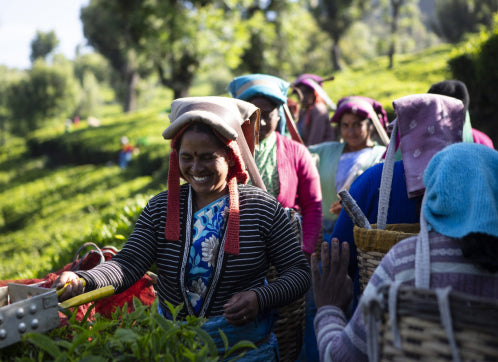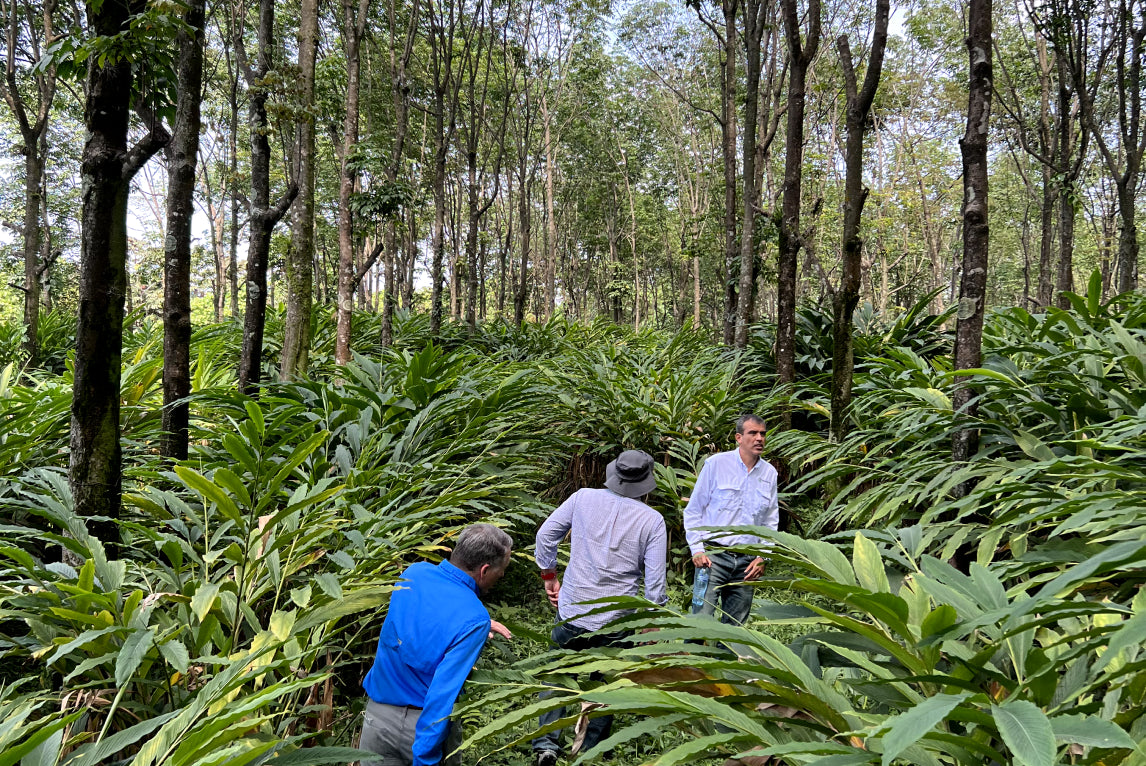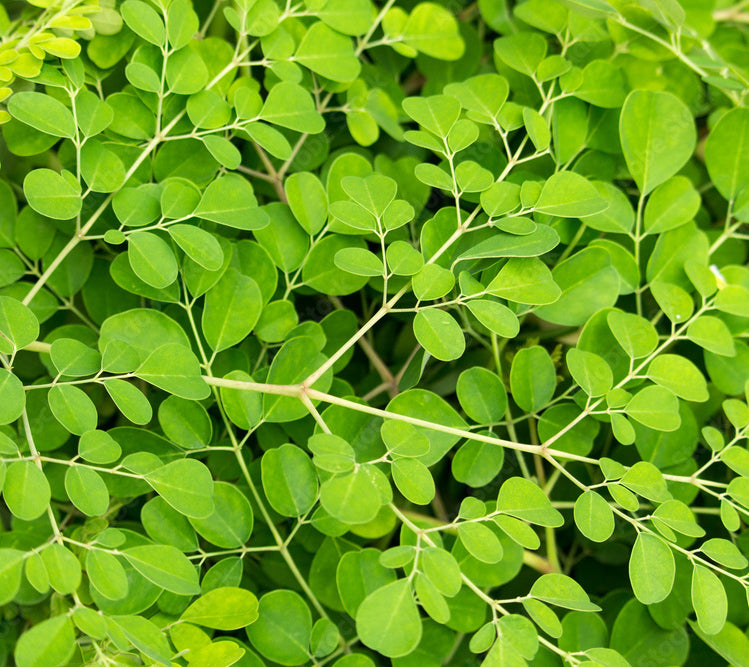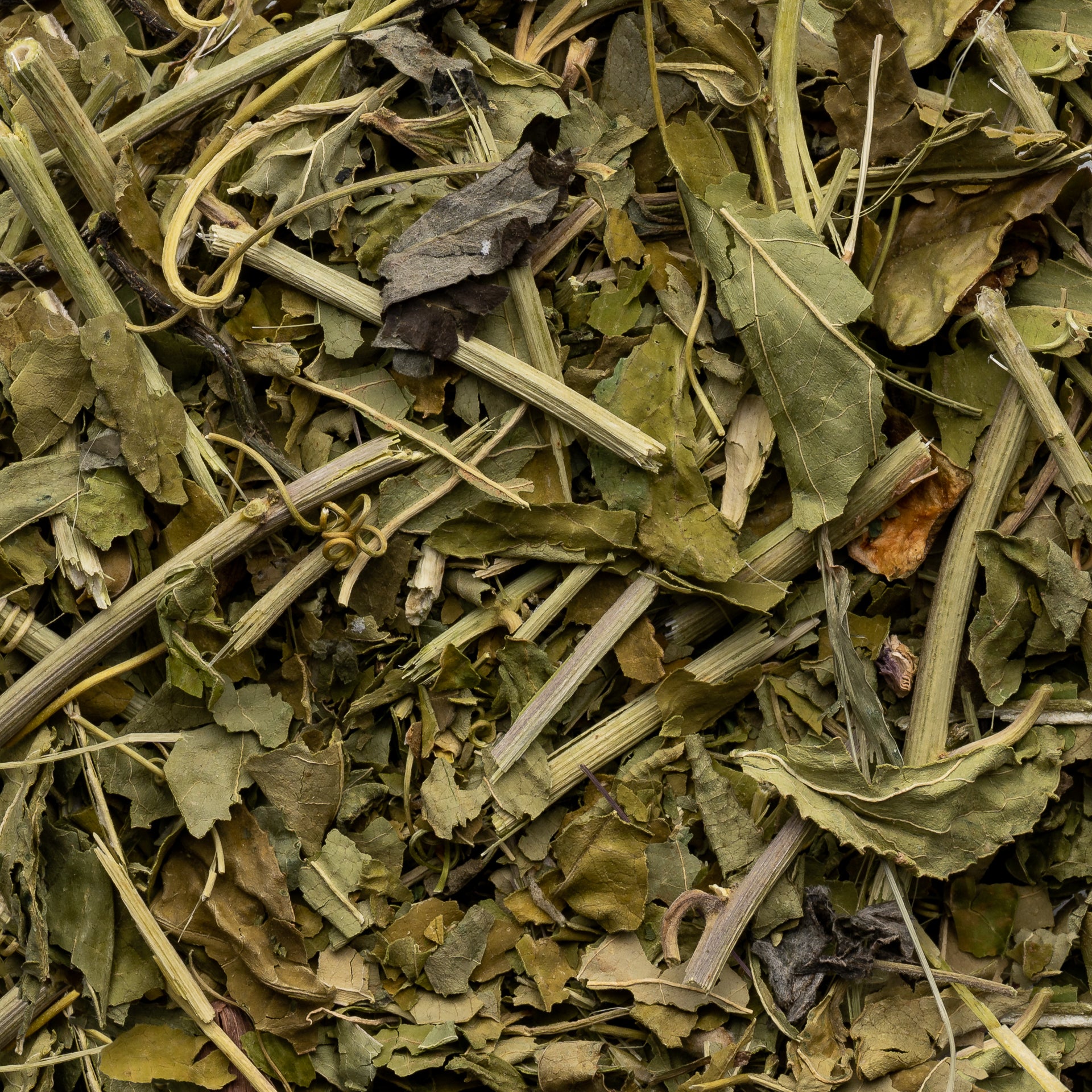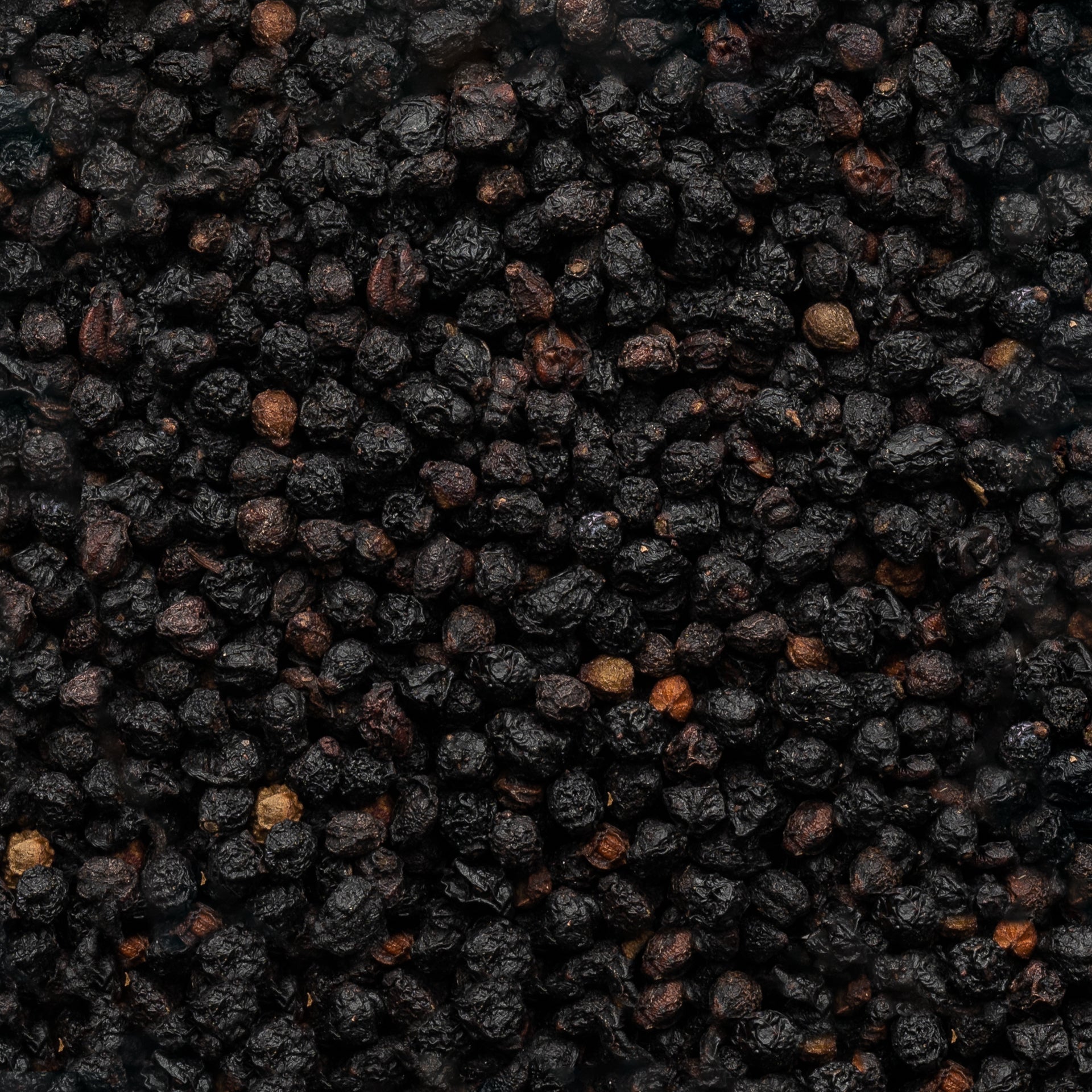Name: Moringa oleifera
Origin: India, Africa
Aroma: Strong, Fresh, Grassy
Flavor: Mild, Nutty
Our Products: Leaf, Powder
Contact PGI for micro reduction, roasting, blending, milling, and social involvement with growers.
History
Moringa was first described in India as a medicinal herb around 2000 BC and has continued to influence herbal healing throughout the world. The Egyptians used it as an oil to protect their skin in the harsh desert climate and the Greeks and Romans used it in combination with other scents to make luxury perfumes. One story tells of Alexander the Great’s attempt in 326 BC to conquer the Maurya Empire but was met by fierce warriors who fed on a liquid Moringa diet and was unable to defeat them after 60 battles. Roman historians noted that these warriors needed less sleep and hardly got sick, they were known as “men of stamina and valor”. Moringa is also called the “Miracle Tree” and has been studied extensively for its medicinal and nutritional value. In addition to consuming the moringa plant, it’s fibers can be used for rope making, paper making, tannin, soap, and as a natural dye that produces a rich blue color.
Traditional Uses
Many different cultures throughout Asia and Africa have noted using moringa for a variety of ailments as well as a staple in their diet. In Ayurvedic medicine, used in both India and Africa, up to 300 diseases are said to be treated with this miracle plant. Some of these include diabetes, skin disorders, digestive problems, problems with sight, and heart disease. In developing countries moringa has been used in powder form to combat malnutrition and to help strengthen immune systems in HIV-infected individuals.
Minty Lavender Tea
For Milk
- 1.5 cups of Full-fat organic coconut milk
- 1 tsp Moringa Powder
- 1 tsp raw honey
Combine Moringa powder and honey in your favorite mug. Steam coconut milk in a saucepan or with the use of a milk frother. Pour into mug slowly while stirring. Enjoy first thing in the morning for an added energy boost!

